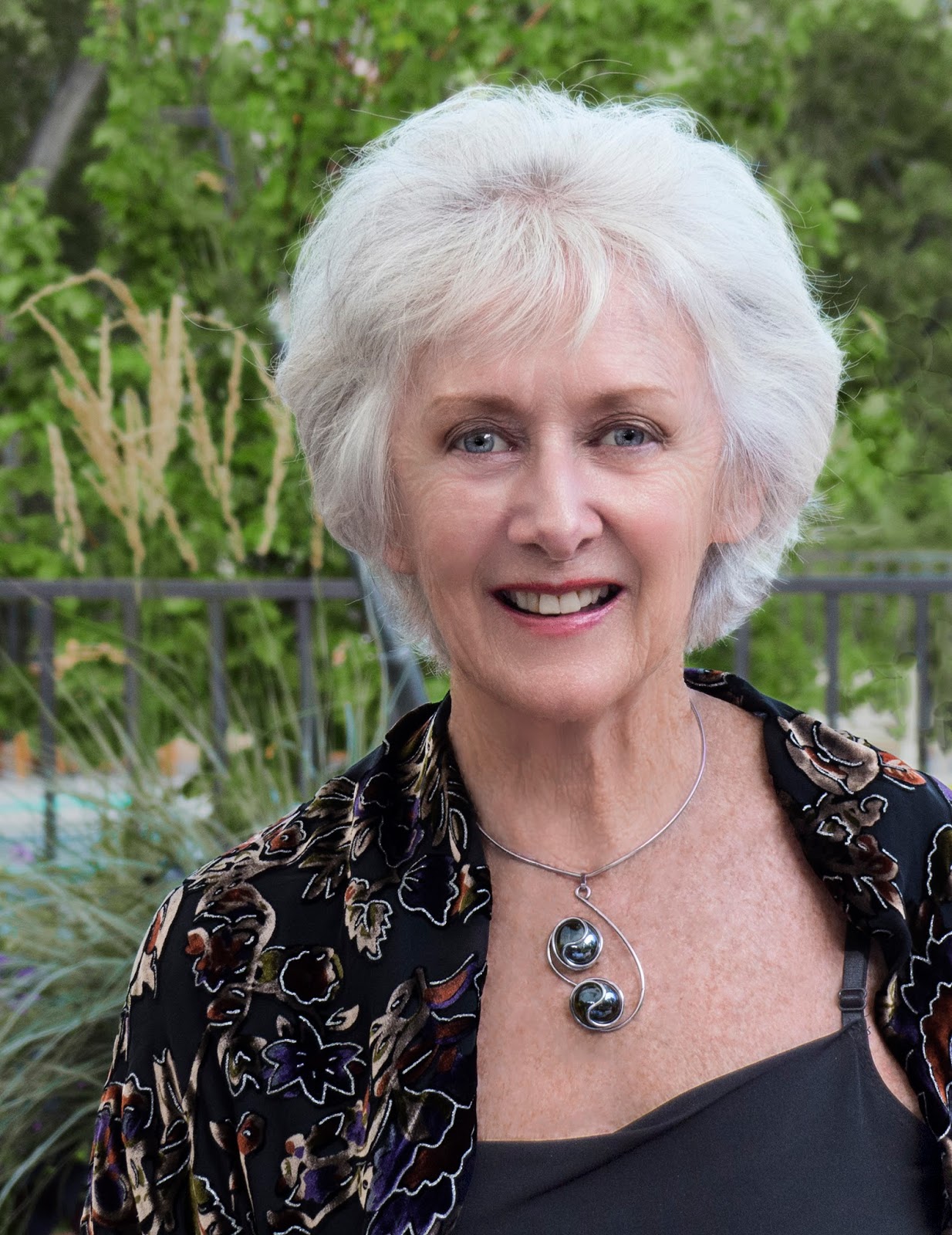REVIEW
First Fridays at First!, First Lutheran Church, Torrance
DAVID J BROWN
 |
| Jessie Tisdale. |
 |
| Mark Salters. |
An expressive compass that spans from early Schubert to Rodgers & Hammerstein in a single 35-minute recital is pretty impressive and – taking in the encore – this was the distance covered by soprano Jennie Tisdale in her lunchtime performance last Friday together with pianist Mark Salters. Having recently enjoyed a fine performance of the “Trout” quintet at one of “First Fridays”’ sibling series, it was a particular pleasure to hear so soon its parent song – crisply projected by Ms. Tisdale’s light, bright, and sharply focused voice, though the clarity of Die Forelle’s aqueous milieu was slightly muddied in the six-note upward piano runs that so define this immortal miniature from 1816, one of Schubert’s most prolific years as a song composer.
Fortunately, there was no lack of rhythmic stability in Mr. Salter’s playing of the onomatopoeic spinning-wheel accompaniment that trundles obsessively behind the singer’s lament for lost love in Gretchen am Spinnrade D.118. What an astonishingly original work this is for a 17-year-old composer writing in 1814, and with what pin-sharp vividness was it sung by Ms. Tisdale. Between these two utterly different songs from early in Schubert’s career came another from his last months, and as different again; this was Ständchen, the fourth in the final collection of 14 published under the valedictory title Schwanengesang D.957 shortly after he died. Though its exquisite melody was finely projected here by Ms. Tisdale, I confess that overall I do prefer it when sung by a tenor rather than a soprano.
On to two by Grieg, both delivered here in English translations. First came the very familiar Solveig’s Song from Act 4 of the incidental music to Peer Gynt, its fragile, haunting arc particularly well suited to her transparently pure voice, and then the later A Dream, the last of Grieg’s Six Songs Op.48 from 1884 and 1889; Ms. Tisdale brought a delicious accuracy of pitch to the subtle semitonal slides and challenging upward and downward leaps of its unpredictable melodic course.
 |
| Douglas Moore. |
Somehow I had never managed previously to hear anything from the most celebrated work of Douglas Moore (1893-1969), his 1956 opera The Ballad of Baby Doe, but thanks to the inclusion of one of its most celebrated numbers, the letter song Dearest Mama from Act 1, this is now remedied. The duo followed that with Come Ready and See Me by Richard Hundley, whose output seems entirely to have consisted of vocal pieces and whom subsequent research showed to have died at the age of 87 a mere four days before this recital.
 |
| Richard Hundley. |
On this evidence, both composers shared an open-hearted lyricism not far removed from the world of romantic musicals, and as if to underline this parallel, the encore piece was You’ll Never Walk Alone from Rodgers & Hammerstein’s early collaboration Carousel, which predated (I would never have realized without checking) both of them – the Moore by more than a decade and the Hundley by over a quarter-century.
Before the encore there was a single foray into a different music theater world – that of Viennese operetta – with Mein Herr Marquis from the second Act of Johann Strauss II’s Die Fledermaus. This was a complete joy, with Ms. Tisdale showing that she can deliver rippling musical laughter on demand with the best of them.
---ooo---
“First Fridays at First!”: First Lutheran Church, Torrance, 12.15pm, Friday, March 2, 2018.
Photos: Jessie Tisdale: website; Mark Salters: courtesy OCAVA; Douglas Moore: courtesy Claire Jones; Richard Hundley: courtesy slipped disc.
If
you found this review enjoyable, interesting, or informative, please feel free
to Buy Me A Coffee!













No comments:
Post a Comment